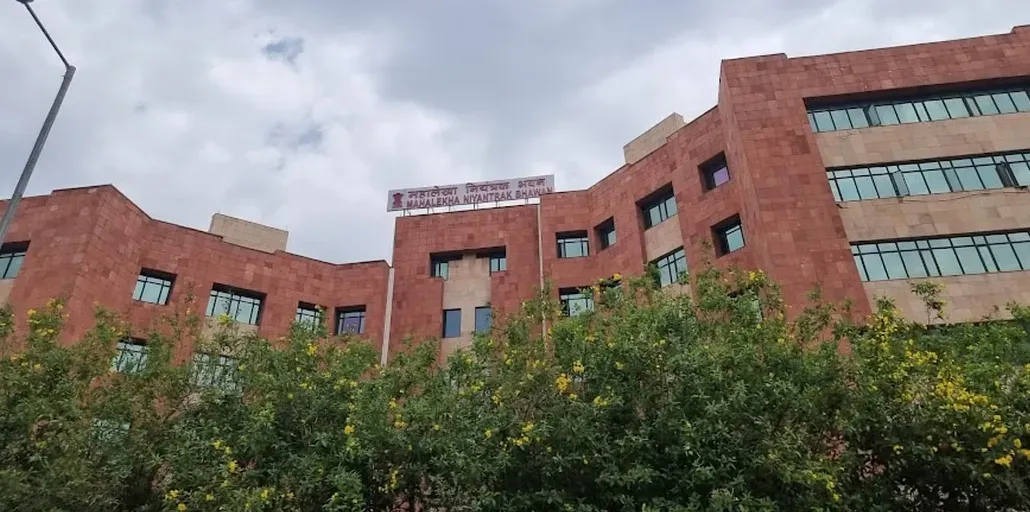The Delhi High Court is currently deliberating on a significant plea concerning the reinstatement of summer and winter vacations in the National Consumer Disputes Redressal Commission (NCDRC). This petition, filed by the All India Bar Association of the NCDRC, seeks to revert the commission's calendar to its pre-COVID-19 schedule, aligning it with the vacation periods observed by the Supreme Court and other judicial bodies. The plea underscores the need for a standardized approach to court vacations across various judicial forums.
Justice Subramonium Prasad of the Delhi High Court has issued a notice to the Central Government, requesting a response within three weeks. The petitioners argue that the absence of scheduled breaks in the NCDRC's calendar has led to increased stress and workload for legal practitioners and judges. They propose that, pending a final decision, the NCDRC should refrain from listing new cases during June and the last week of December, except for urgent matters initiated by advocates or parties involved.
This plea emerges in the context of broader discussions about the role of court vacations in addressing case backlogs. Critics of extended court vacations argue that they contribute to delays in the judicial process, adversely affecting litigants awaiting resolution of their cases. However, recent data suggests a more nuanced picture. According to reports, since the suspension of summer vacations in state consumer commissions in 2022, there has been a notable improvement in case disposal rates. The number of pending cases in consumer commissions decreased from 5.55 lakh in December 2022 to 5.45 lakh in September 2023, indicating that continuous court operations may aid in reducing backlogs.
Despite these improvements, the debate over court vacations remains contentious. Some legal experts and consumer rights advocates caution against attributing case backlogs solely to court vacations. They highlight systemic issues such as judicial vacancies, procedural delays, and infrastructural deficiencies as more significant contributors to pendency. For instance, high court vacancies average around 30%, and subordinate courts face similar challenges, leading to prolonged case durations.
Moreover, the Consumer Protection Act mandates the expeditious resolution of consumer disputes, typically within three months. The absence of scheduled breaks in the NCDRC's calendar aligns with this objective, ensuring continuous availability for case hearings. However, the petitioners argue that the lack of vacations may lead to burnout among legal professionals and judges, potentially affecting the quality of adjudication.
The Delhi High Court's decision on this plea will have implications for the functioning of the NCDRC and potentially influence policies regarding court vacations across other judicial bodies. Balancing the need for efficient case disposal with the well-being of judicial officers and legal practitioners remains a complex challenge. The court's forthcoming deliberations will need to consider these multifaceted aspects to arrive at a decision that upholds both judicial efficiency and the health of those who serve within the system.










0 Comments
Thank you for your response. It will help us to improve in the future.